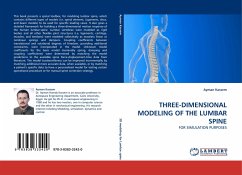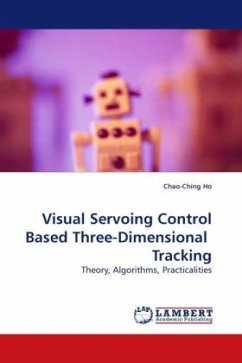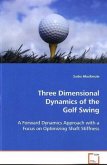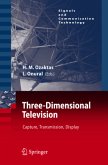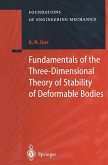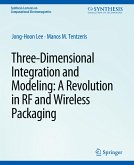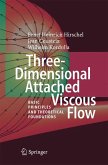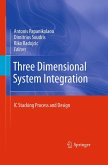This book presents a spinal toolbox, for modeling lumbar spine, which contains different types of models (i.e. spinal element, Ligaments, discs, and beam models) to be used for specific loading cases. It also gives a detailed framework for building a three-dimensional motion response of the human lumbar-spine. Lumbar vertebrae were modeled as rigid bodies and all other flexible joint structures (i.e. ligaments, cartilage, muscles, and tendons) were modeled collectively as massless linear or nonlinear springs and dampers. Coupling coefficients between translational and rotational degrees of freedom, providing additional constraints, were incorporated in the model. Unknown model coefficients for the basic model (nominally spring, damping and coupling coefficients) were determined by matching the model predictions to the available spine force-displacement-time data from literature. The model trustworthiness can be improved incrementally by matching additional more accurate data, when available, or by matching a patient's specific data to have a personalized model for testing certain operational procedure or for manual spine correction strategy.
Bitte wählen Sie Ihr Anliegen aus.
Rechnungen
Retourenschein anfordern
Bestellstatus
Storno

